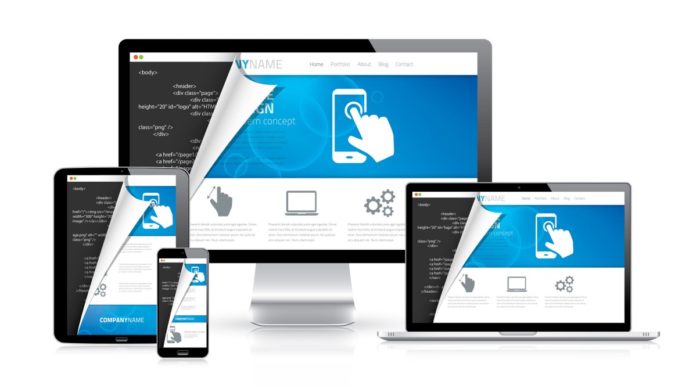
Listen to a podcast version of this story.
UK-based PeopleGoal launched a new version of its platform, this one built to facilitate the development and distribution of low-code HR solutions.
The company, which offers HR technology to companies of between 100 and 500 employees, said PeopleGoal 2.0 will streamline the development process by putting simple tools into the hands of HR professionals and SMEs who understand how an app will be used in practice. The company’s app store offers more than 30 products to address needs in onboarding, engagement, performance management, culture and HRIS.
.@PeopleGoal's new platform aims to facilitate the use of low-code technology by #HR staff. #HRTech Share on XUsing the toolkit, HR can either modify templated solutions or build customized apps. In a statement, PeopleGoal CEO Nikolaos Lygkonis said the platform has been under development for two years.
The platform’s tools offer integration with HR tech solutions including ADP Workforce Now, Workday, UKG’s UltiPro and BambooHR. It also connects with Slack, Microsoft Azure, Microsoft Teams and Jira.
Low-Code Momentum
A number of businesses have been putting their toes into the waters of no-code or low-code development this year. In the HR world, proponents say that makes sense because so many of HR’s responsibilities—like compliance—involve specialized knowledge. Allowing HR practitioners to build tools directly results in a faster development timeline and a more effective product, they believe.
On the other hand, some technology professionals say low-code has its limits. Outside of automating workflows or generating reports, they argue, business-critical applications need to be built by professional software developers.
A growing number of technology executives believe that no matter how useful low-code might be to so-called citizen developers, it offers advantage to tech professionals by helping them complete projects more quickly and ensuring consistency between applications.
Certainly, the movement toward low-code development platforms is gathering steam. According to Verified Market Research, the market will expand from about $6 billion in 2018 to $112 billion by 2026, a CAGR of 44.3%. Small, medium and large enterprises are adopting low code platforms, driven by the benefits that come along with simplified development, faster project completion and more customized, user-centric applications among them, the researcher said.
Sign up for our newsletter here.
Image: 123RF













